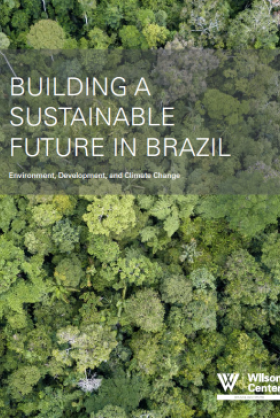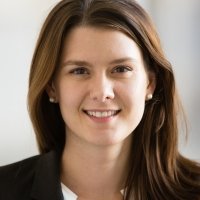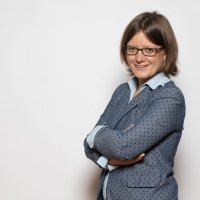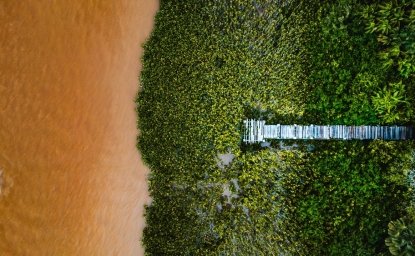Building a Sustainable Future in Brazil


Brazil, like the Amazon Rainforest, stands at an inflection point. It is increasingly clear that Brazil’s future lies not in the deforestation of its past, but in summoning the political and societal will to build a twenty-first century economy that prioritizes human capital and sustainable, low-carbon growth. History shows that effective legal, regulatory, and enforcement frameworks can substantially reduce deforestation, which fell as low as 4,700 square kilometers in 2012. Sustaining that level of effort has proven politically and economically challenging. In the current political environment, it will be even more so. But the alternative—the destruction of the Amazon—should concern us all.
Chapters
- Introduction: The Amazon Fulcrum, by Thomas Lovejoy
- Interview with Carlos Nobre
- Interview with Denis Minev
- Interview with Izabella Teixeira
- Interview with Daniela Lerda
- The Role of Indigenous People in the Conservation of the Amazon, by Magaly da F.S.T. Medeiros
- Perceptions of Climate Change and the Role of Religion, by Amy Erica Smith
- Civil Society Mobilization for Forest Conservation, by Solveig Aamodt
- Carbon Markets and Forest Conservation, by Christopher Schulz
- Political Economies of Energy Transition: Wind and Solar Power, by Kathryn Hochstetler
Authors

Senior Director, Albright Stonebridge Group

Liberal Arts and Sciences Dean's Professor and Associate Professor of Political Science, Iowa State University.

Brazil Institute
The Brazil Institute—the only country-specific policy institution focused on Brazil in Washington—aims to deepen understanding of Brazil’s complex landscape and strengthen relations between Brazilian and US institutions across all sectors. Read more




